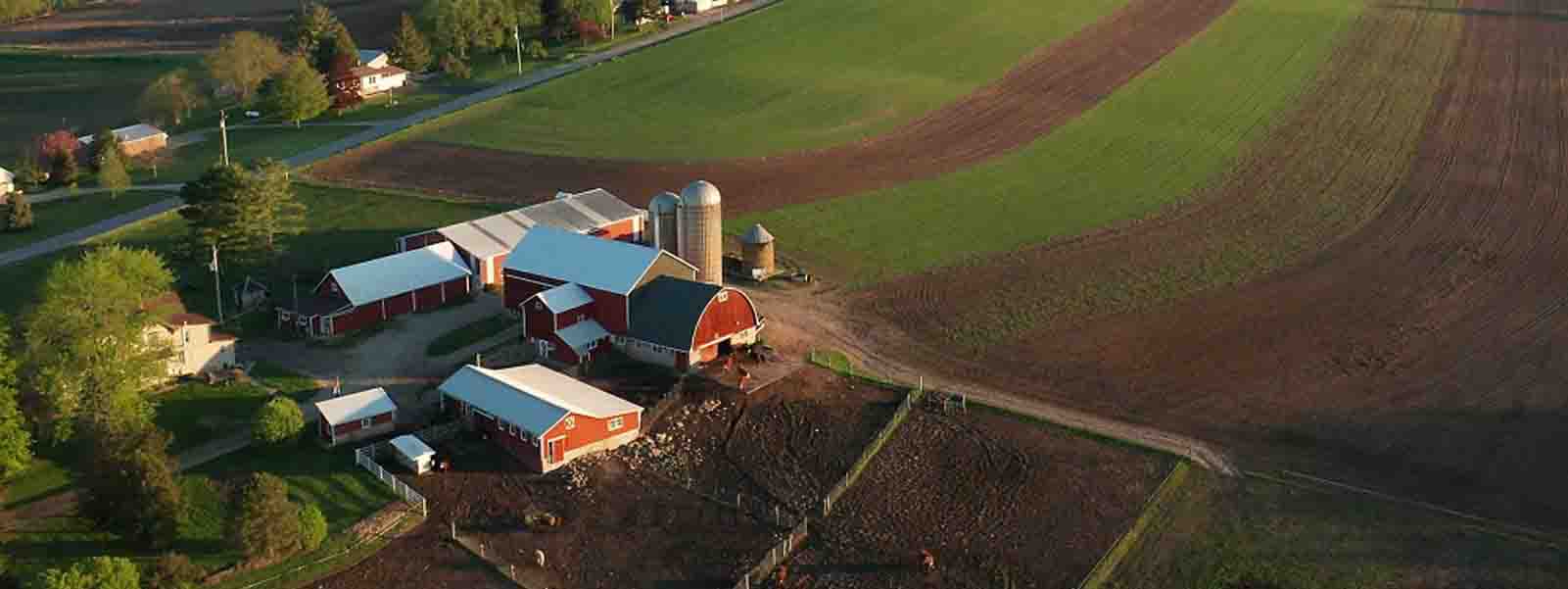
The pandemic and agriculture: Two years later
As ice and snow melt into American fields on a cold February day, farmers and their neighbors wonder when relief might spring forth. But in the year 2022 — now two years after the pandemic virus COVID-19 began freezing the world’s markets — it’s more than just warmer weather that will spell relief.
According to the Purdue University-CME Group Ag Economy Barometer report issued February 1, producers across the nation remain concerned about rising costs and supply chain disruptions. A sentiment index calculated monthly using 400 U.S. agricultural producers surveyed by telephone, the Ag Economy Barometer in February fell six points to 119. This represents the second-lowest reading since July 2020 when it stood at 118, as opposed to 153 the July prior and January 2017 before that.
Meanwhile, rural communities across the country are also manifesting the “blahs” when it comes to polling on everything from politics to social issues. And, all fingers point back to COVID-19. Two years later, the effects of the pandemic still linger. But amid the dismay are indeed shining rays of genuine progress, not just in improved health care networks, but the growing opportunity for remote work and professional opportunities. While inflation and labor shortages frustrate producers and manufacturers, it’s a terrific time to sell a house and find a job.
Tabby Flinn, Agriculture and Natural Resources Extension Educator for Purdue Extension in Vigo County, Indiana, agreed that much has changed over the last two years. Some changes have been problematic, and yet, some have been for the better. Meanwhile, their ag community has been actively engaged in supporting both the producers and the rural communities in which they serve the entire time.
Purdue University, in partnership with the Indiana State Department of Agriculture and the Indiana Rural Health Association, is sponsoring an innovative series titled Healthy Minds, Healthy Lives Mental Health Workshops. Designed to raise awareness of, and reduce the stigma associated with, mental health in the agriculture industry, the 23 free, one-day workshops facilitated by subject matter experts began February 10 and will run through July.